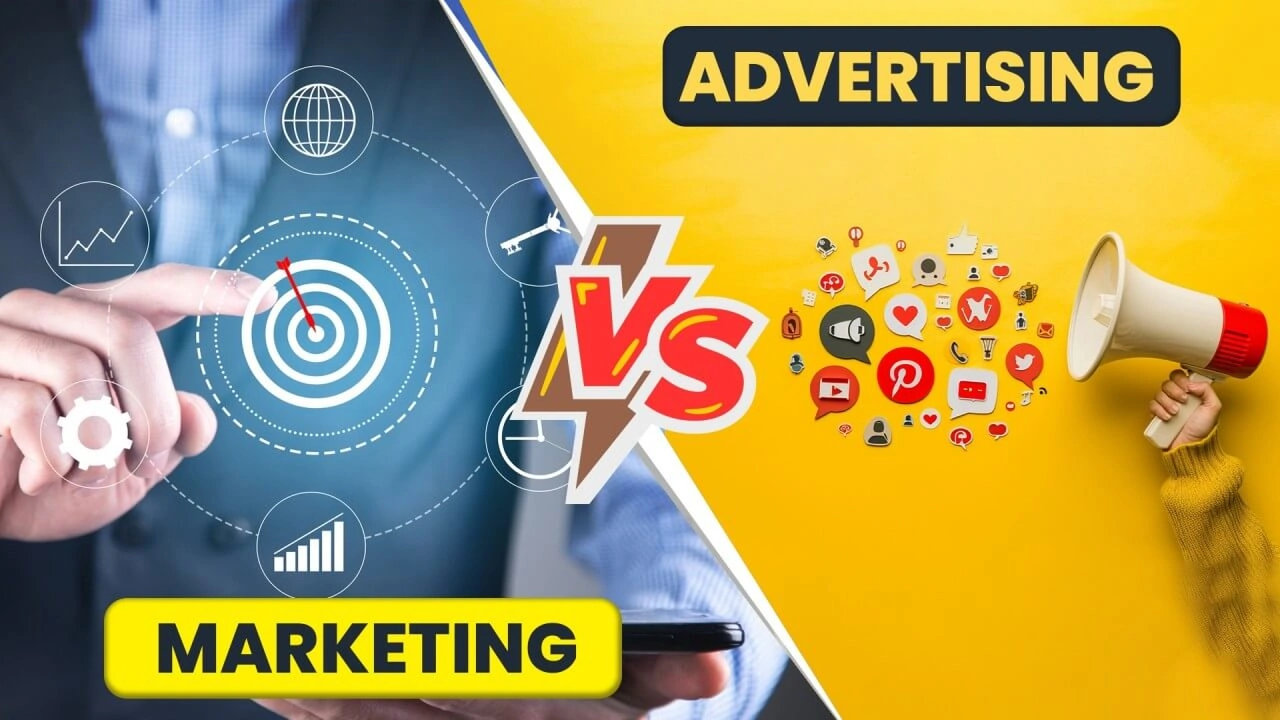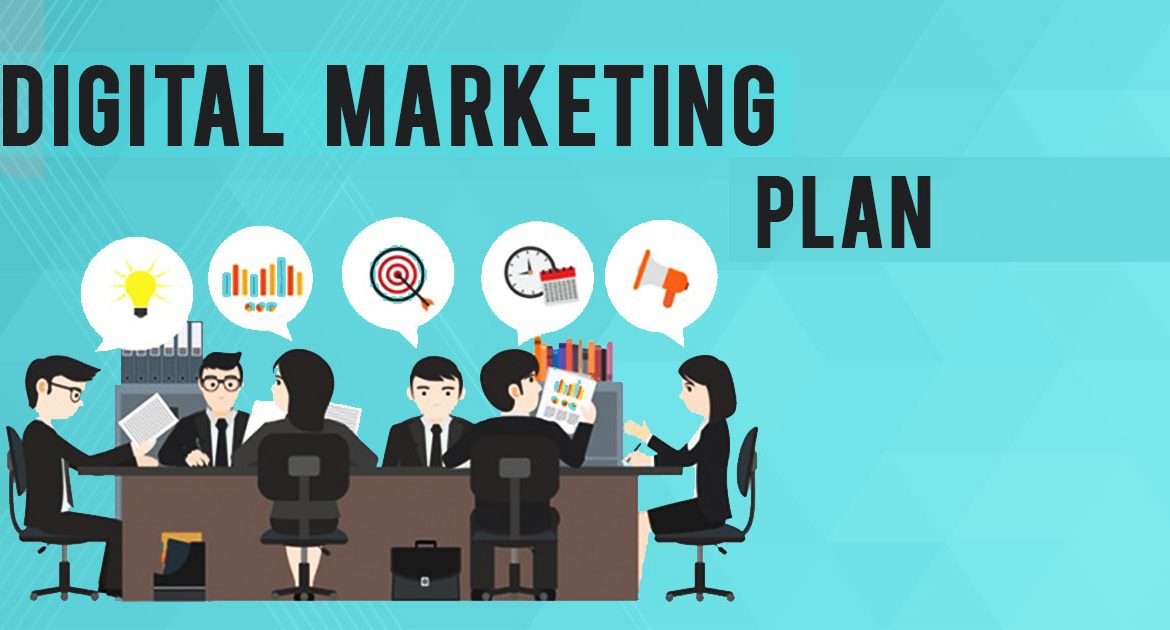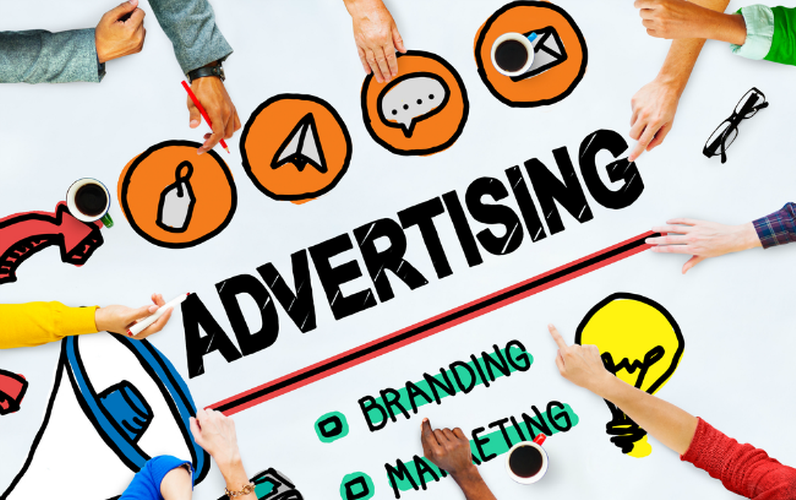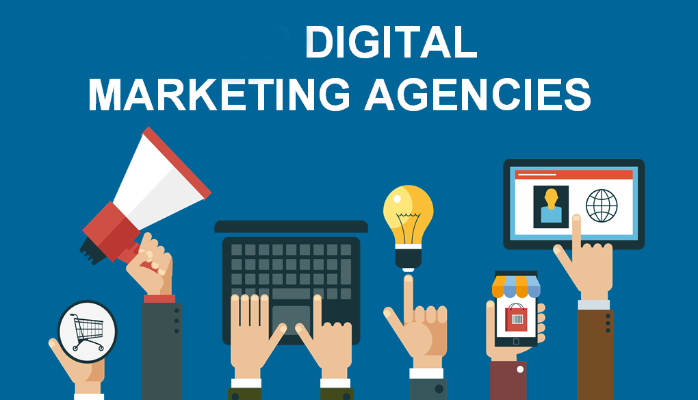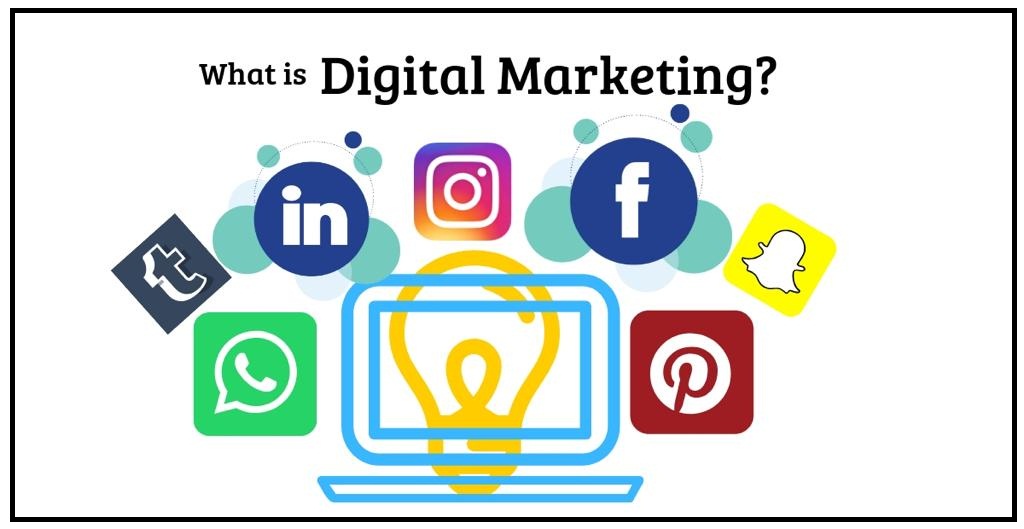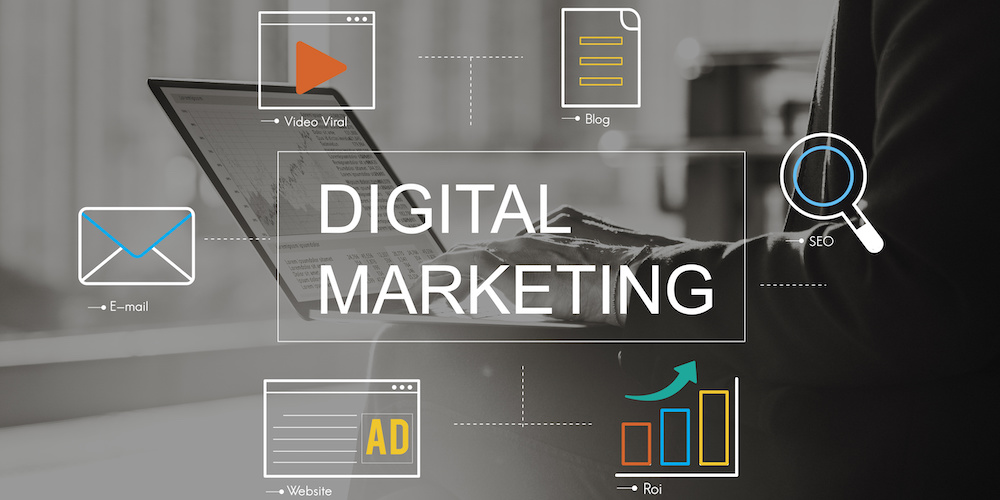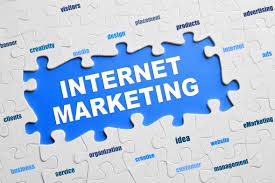The main difference between marketing vs advertising is that marketing involves the entire strategy of promoting and selling products or services, while advertising is a specific tactic within marketing focused on creating paid messages to promote offers. Recognizing this distinction is vital for businesses aiming to optimize their growth and customer outreach strategies.
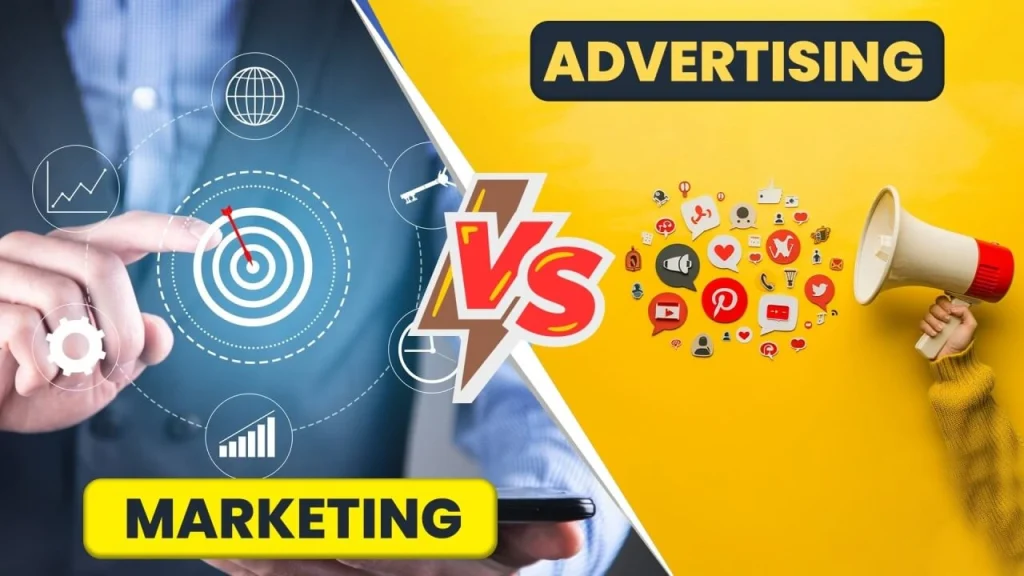
Content
What is Marketing? A Broad Business Strategy
Marketing is the strategic process of understanding customer needs, developing offerings that satisfy those needs, and communicating value over time. It goes beyond promotion to include product development, pricing strategies, distribution, customer service, and market research.
Companies use marketing to build brand awareness, loyalty, and trust. Marketing is a long-term investment that helps businesses grow sustainably. Elements such as digital marketing, content marketing, social media marketing, and email marketing are part of a modern marketing strategy.
Successful examples of marketing include Apple’s consistent brand storytelling and Nike’s emotional engagement with customers through their “Just Do It” campaigns.
What is Advertising? A Tactical Communication Tool
Advertising is a targeted form of communication designed to persuade potential customers to take immediate action, such as purchasing a product or signing up for a service. It is a subset of marketing, typically involving paid media placements across various channels like television, online platforms, print, and billboards.
Key objectives of advertising include increasing brand visibility, promoting special offers, and boosting immediate sales. It focuses more on short-term results rather than long-term brand building.
An example of advertising is Coca-Cola’s Super Bowl commercials, where the brand invests heavily to create memorable ads aimed at increasing short-term product sales and maintaining brand loyalty.
Key Differences Between Marketing and Advertising
Purpose and Objectives
The purpose of marketing is to create a sustainable brand-customer relationship. It nurtures leads, develops a brand image, and ensures continuous growth over time.
Conversely, the purpose of advertising is more immediate: generating attention for a particular product or service and prompting quick customer action.
Marketing vs advertising differs fundamentally at this core level — one is strategic and long-term; the other is tactical and immediate.
Scope of Activities
Marketing encompasses a broader range of activities including:
- Market research
- Branding
- Pricing
- Customer service
- Distribution strategies
Advertising, on the other hand, focuses purely on promotional communications, including:
- TV commercials
- Pay-per-click (PPC) ads
- Social media advertisements
- Print media campaigns
Thus, advertising is only one part of the entire marketing puzzle.
Strategy vs Execution
Marketing strategies define the overall game plan. These strategies involve identifying target audiences, creating value propositions, and deciding on channels of communication.
Advertising executes one aspect of that strategy — sending promotional messages via selected media to the target audience.
This dynamic shows that advertising vs marketing is not a matter of choosing one over the other but understanding how they complement each other.
Marketing vs Advertising Examples
To further clarify the distinctions, here are practical examples:
| Aspect | Marketing Example | Advertising Example |
| Objective | Build long-term customer relationships | Promote a seasonal sale |
| Strategy | Content marketing through a company blog | Running Facebook ads for a limited-time discount |
| Execution | Creating customer loyalty programs | Sponsoring YouTube influencers |
| Scope | Includes product development and pricing strategies | Focuses only on messaging and promotion |
Nike’s marketing is visible in how it builds a lifestyle brand that customers aspire to.
Nike’s advertising shows in a single product launch ad promoting a specific model of sneakers.
The Relationship Between Marketing, Advertising, and Sales
Marketing, advertising, and sales form an interconnected system within a business:
- Marketing attracts potential customers and builds brand awareness.
- Advertising communicates specific offers to those customers.
- Sales teams close the deals, ensuring that the business generates revenue.
An effective business ensures that marketing insights inform advertising content, while advertising campaigns empower the sales force with highly qualified leads.
This harmony increases customer satisfaction and accelerates business growth.
Marketing vs Advertising vs Branding: Clarifying the Concepts
Another essential differentiation lies between marketing, advertising, and branding:
- Branding creates an identity for the business — its voice, personality, and values.
- Marketing communicates the brand’s message and offering to the world.
- Advertising amplifies the brand’s message through paid media channels.
In short, branding shapes perceptions, marketing communicates value, and advertising spreads awareness.
Strong brands like Apple, Starbucks, and Tesla have seamlessly integrated branding, marketing, and advertising into cohesive experiences that influence customer decisions and loyalty.
Choosing the Right Approach for Your Business
Deciding whether to prioritize marketing or advertising depends largely on business goals, budget, and stage of growth:
- Startups should invest heavily in marketing, establishing a brand presence and customer trust before running large ad campaigns.
- Established businesses can allocate more funds to advertising for short-term promotions while maintaining steady marketing initiatives.
Choosing a well-balanced approach ensures that your company stays relevant, trustworthy, and visible.
It is wise to view advertising as a tool within the broader marketing ecosystem, not a standalone solution.
The Role of Digital Marketing and Advertising Services
Modern businesses rely heavily on digital marketing agencies and advertising platforms to execute their strategies:
- Digital marketing agencies offer services like SEO optimization, content creation, and social media management.
- Advertising agencies specialize in creating ad campaigns, media buying, and ad placement across platforms like Google, Facebook, YouTube, and TikTok.
Popular services include:
- Social media marketing agencies for brand engagement on platforms like Instagram and LinkedIn.
- Email marketing agencies that design campaigns to nurture customer relationships.
- PPC agencies focusing on Google Ads and other pay-per-click platforms for instant traffic.
Choosing the right partner depends on whether the business needs holistic marketing support or targeted advertising expertise.
Conclusion
Understanding marketing vs advertising empowers businesses to develop well-rounded growth strategies. While marketing builds the foundation by creating demand and fostering relationships, advertising provides the momentum needed to generate immediate action.
Successful companies recognize that integrating both approaches — while maintaining a strong brand identity — is essential for long-term business growth.
As marketing expert Seth Godin says, “Marketing is no longer about the stuff you make, but about the stories you tell” (Seth Godin, 2018). In that story, advertising becomes the loudspeaker, while marketing remains the master architect behind the scenes.
Frequently Asked Questions
What is the main difference between marketing and advertising?
The primary difference is that marketing is a broad strategy involving customer research, branding, and product development, whereas advertising focuses on promoting specific messages through paid channels to drive immediate sales.
Is advertising more expensive than marketing?
While advertising often has high immediate costs due to media buying, marketing strategies like content development and SEO require significant investment over time. Both involve different budget allocations based on the business’s growth stage and goals.
Can you have marketing without advertising?
Absolutely. A company can rely on organic marketing methods such as content marketing, SEO, and customer referrals without spending on paid advertising. However, combining both creates a more powerful outreach strategy.
Which is better for startups: marketing or advertising?
Marketing is generally better for startups. Building a strong brand, understanding the market, and fostering customer loyalty should come before heavy investment in advertising.

Ryan Myers is a business blog author and writer. He graduated from the University of California, Berkeley in 2009 with a degree in Political Science. His favorite topics to write about are blogging for small businesses and becoming an entrepreneur.

